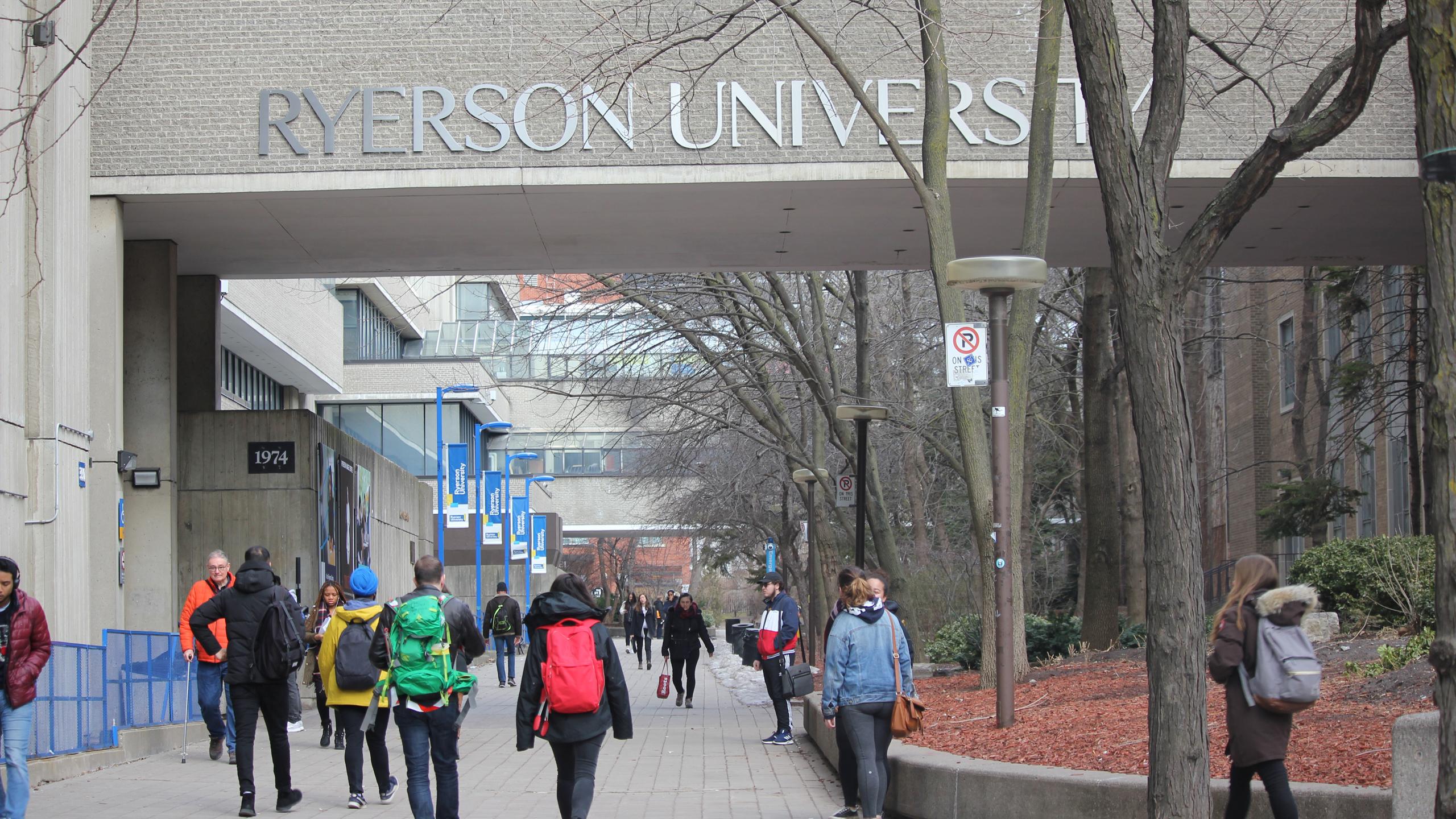By Lidia Abraha and Kieona George
Ryerson is holding consultations for the first Anti-Black Racism Climate Review (ABRCR) at Ryerson. This is the first step to understanding how anti-Black racism impacts students, faculty and staff.
The ABRCR was first proposed by the Black Liberation Collective (BLC) in their 2016 demands to the university. Consultations have now been implemented by the President’s Office of Equity, Community and Inclusion (ECI).
Denise O’Neil Green, the head of the ECI office, is co-organizing the assessment with Dr. Rinaldo Walcott, an international expert on Black cultural studies.
There are different consultations for faculty, students and staff. Consultations are expected to continue up until June, and be conducted in the form of focus groups.
After consultations are done, Walcott will present his findings to the ECI, which will summarize a report to senior Ryerson administration. Once the university reviews the report, the ECI will decide how the report is distributed to the public.
Consultations started as early as March 8 and student consultations went until April 1, with more dates to be added. Since the review is taking place near the end of the semester, Walcott anticipates that there will be more student participation in the spring.
If students cannot make it to the consultation in person, Green said Walcott will be available via email. “I promised to deliver a report by the end of June. So I’ll be very flexible in between April, May and June,” said Walcott.
Green said the ECI is looking forward to what the report will reveal to create an inclusive environment for Black students, staff, and faculty. Walcott said he’s seen the highest turnout for consultations with staff.
“This speaks to a larger thing where an institution can say they’re going to do something, and not necessarily want to put their soul into doing that very thing”
There have been concerns about Ryerson’s promotion of the ongoing consultations. Josh Lamers, co-founder of BLC, said that Ryerson has not fully utilized its platforms to reach as many students as possible for the focus groups. He’s had several students and faculty say they first heard of the review through BLC’s social channels instead of Ryerson.
He said that BLC had coordinated communication strategies with the ECI for the ABRCR, which incorporated flyering, using Ryerson’s social media channels, and class talks. However, Lamers said Ryerson is not following their plans.
Denise said that tabling was done the same time as the Ryerson Students’ Union general elections, so students may not have noticed.
“This speaks to a larger thing where an institution can say they’re going to do something, and not necessarily want to put their soul into doing that very thing,” said Lamers.
As for outreach, Green said they put up posters and published a Ryerson Today article—which went up the day after their scheduled interview with The Eye.
They began outreach on March 7, and their first focus group meeting was on March 8. They reached out to the Black Faculty and Staff Community Network, Black student organizations, and various departments across campus.
The ECI also sent emails to 2,000 students. “What I understand is sometimes students miss their emails, even though we’ve sent multiple engagements,” said Green. “So we learn from that and we move on.”
Since this is a qualitative report, they are not keeping track of how many particpants attend the focus group. Green said it was difficult coordinating with everyone’s schedules, which is why the consultation process was held late in the academic year.
“We understand that students are very busy right now,” said Green. “More data collection will happen past April whereby students can continue to engage.”










Leave a Reply